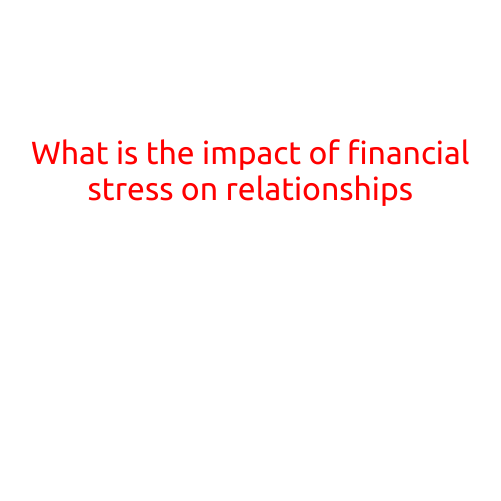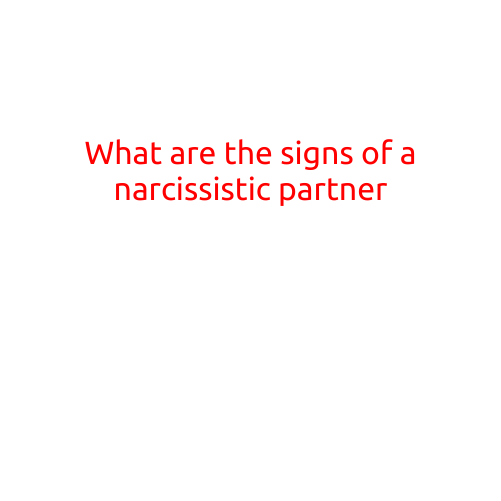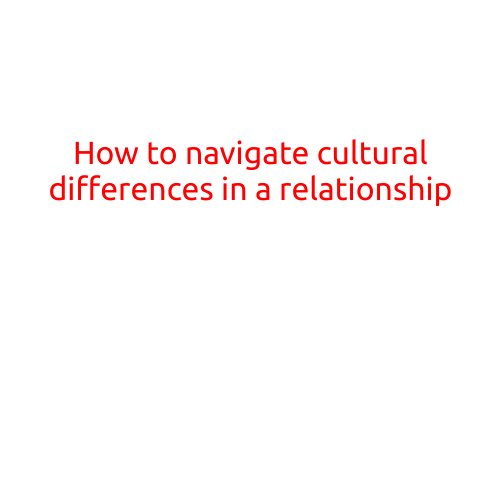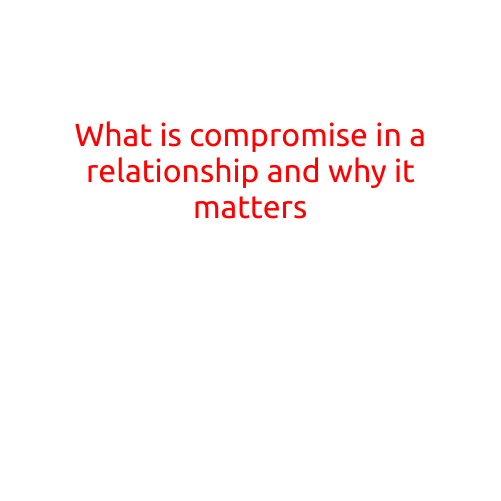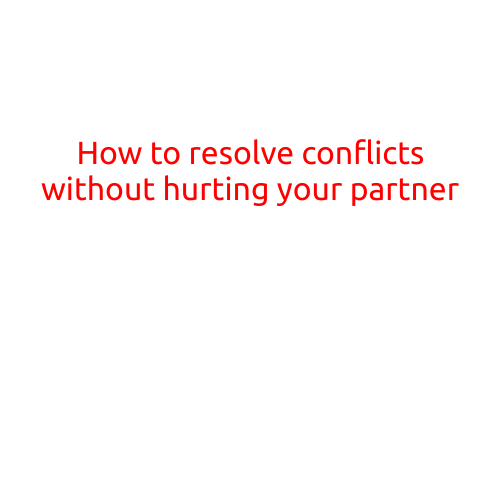
How to Resolve Conflicts Without Hurting Your Partner
Conflict is an inevitable part of any romantic relationship. It’s how we handle those conflicts that can make all the difference between a healthy, thriving partnership and a bruised and battered one. The key is to resolve conflicts in a way that doesn’t hurt or damage your partner’s feelings or reputation. In this article, we’ll explore some tips and strategies for resolving conflicts in a way that preserves your relationship and promotes growth.
Understand That Conflict is Normal
Before we dive into the nitty-gritty of conflict resolution, it’s essential to understand that conflict is a normal and natural part of any relationship. It’s not uncommon for couples to disagree from time to time, and in fact, studies have shown that couples who don’t disagree on anything are often stuck in a rut and may not be experiencing the kind of growth and development that a healthy relationship requires.
Choose the Right Time and Place
When a conflict arises, it’s crucial to choose the right time and place to discuss the issue. Avoid bringing up sensitive topics when you’re both stressed, tired, or hungry, as this can escalate the situation and lead to hurtful words or actions. Instead, try to schedule a private, quiet conversation when you both have the mental and emotional bandwidth to focus on the issue at hand.
Stay Calm and Objective
When you do sit down to discuss the conflict, it’s essential to stay calm and objective. Take a few deep breaths, count to ten, or practice some other relaxation technique to help you composed. Remember that your goal is to resolve the conflict, not to “win” the argument or prove a point. Approach the conversation with an open mind and a willingness to listen to your partner’s perspective.
Use “I” Statements
When expressing your feelings or concerns, use “I” statements instead of “you” statements. This can help to avoid blame and defensiveness and can make it easier for your partner to hear your concerns. For example, instead of saying “You always leave your dirty socks on the floor,” say “I feel frustrated when I see dirty socks on the floor because it makes me feel like we’re not working together as a team.”
Practice Empathy
Active listening is a crucial component of conflict resolution. Make sure that you’re fully understanding your partner’s perspective and emotions. Repeat back what you’ve heard to ensure that you’re on the same page, and ask questions to clarify any points that are unclear. By practicing empathy, you can create a safe and supportive environment for your partner to express themselves.
Focus on the Problem, Not the Person
It’s easy to get personal when discussing a conflict, but it’s essential to remember that you’re discussing a specific problem or issue, not attacking your partner’s character. Avoid making personal attacks or criticisms, and instead, focus on the behavior or action that’s causing the problem.
Seek Common Ground
Conflict resolution is often about finding a compromise or middle ground. Be willing to listen to your partner’s perspective and look for areas of commonality. Ask yourself, “What can we both agree on?” or “How can we find a solution that works for both of us?”
Avoid Bringing Up the Past
It’s tempting to bring up past conflicts or grievances when discussing a current issue, but it’s usually not productive. Instead, focus on the present moment and the current problem at hand. Avoid making assumptions or generalizations about your partner’s behavior or motivations.
Practice Forgiveness and Apology
After the conflict has been resolved, take the time to apologize and forgive your partner. This can help to release any residual tension or resentment and can strengthen your bond as a couple. Remember that forgiveness doesn’t mean forgetting or excusing the hurt, but rather releasing the negative emotions associated with it.
Conclusion
Conflict is an inevitable part of any romantic relationship, but it doesn’t have to be a source of pain or damage. By understanding that conflict is normal, choosing the right time and place to discuss the issue, staying calm and objective, and practicing empathy, active listening, and forgiveness, you can resolve conflicts in a way that preserves your relationship and promotes growth. Remember that the goal of conflict resolution is not to “win” the argument, but to resolve the issue and strengthen your bond as a couple.
